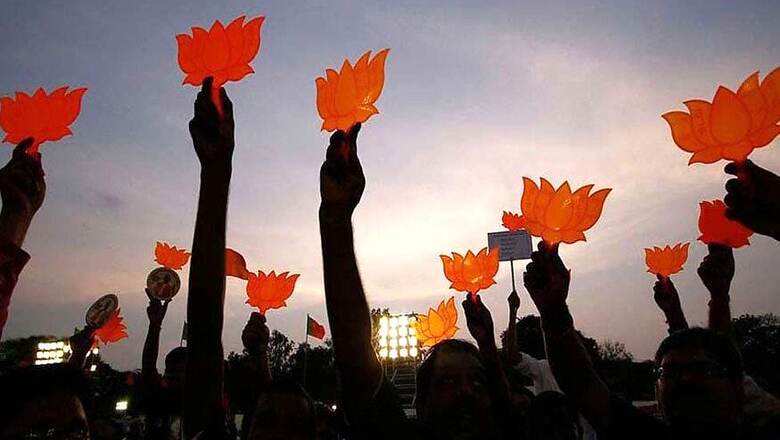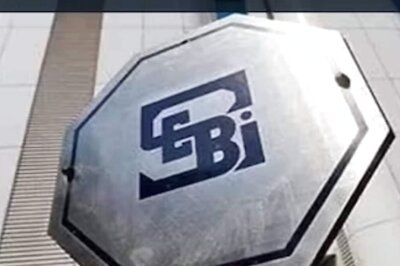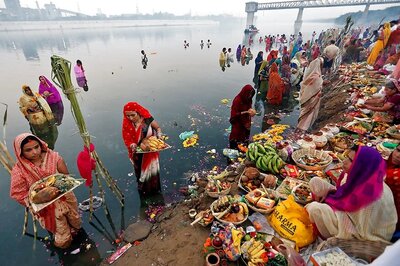
views
New Delhi: The BJP is likely to deny tickets to many sitting MLAs in Madhya Pradesh and Rajasthan, the two states it had swept in 2013 but where it is now facing a renewed challenge from the Congress, in a bid to stave off any anti-incumbency in the assembly polls, party sources said.
They said the party may also not give tickets to three more sitting MLAs in Chhattisgarh, where it is yet to name candidates for 13 seats including four held by it. The party has already denied tickets to 14 of the 49 legislators who had won last time.
The sources also played down surveys predicting an edge for the Congress in Rajasthan, and asserted that there may have been some "communication gap" within the party earlier but things have changed.
"We will come to power in all three states," a party leader claimed. Though he did not elaborate on the likely number of MLAs the party may not field in Madhya Pradesh and Rajasthan, he said such a decision would be based on feedback from organisation and independent assessment carried out by the party.
Political observers say denying tickets to the MLAs seen to be unpopular in their constituencies may help the party placate voters to some extent.
BJP sources said Madhya Pradesh Chief Minister Shivraj Singh Chouhan remains a popular leader and the first choice of the state's voters for the top post.
"In such a scenario when the main face of the government is popular, any so called anti-incumbency can be effectively countered with some measures, including dropping unpopular MLAs," they said.
The BJP, especially after Prime Minister Narendra Modi and its president Amit Shah's ascent to leadership, has relied on intensive fieldwork to select its candidates. It has not shied away from dropping any incumbent lawmaker, who, it believes, may have become a liability or whose replacement has a better prospect at the hustings.
In the 230-member Madhya Pradesh assembly and 200-member Rajasthan assembly, the BJP had won 165 and 163 seats respectively in the 2013 polls. The party has been in power in Madhya Pradesh and Chhattisgarh, whose assembly has 90 members, since 2003 while Rajasthan has an over two-decade-old history of voting out the incumbent party.



















Comments
0 comment